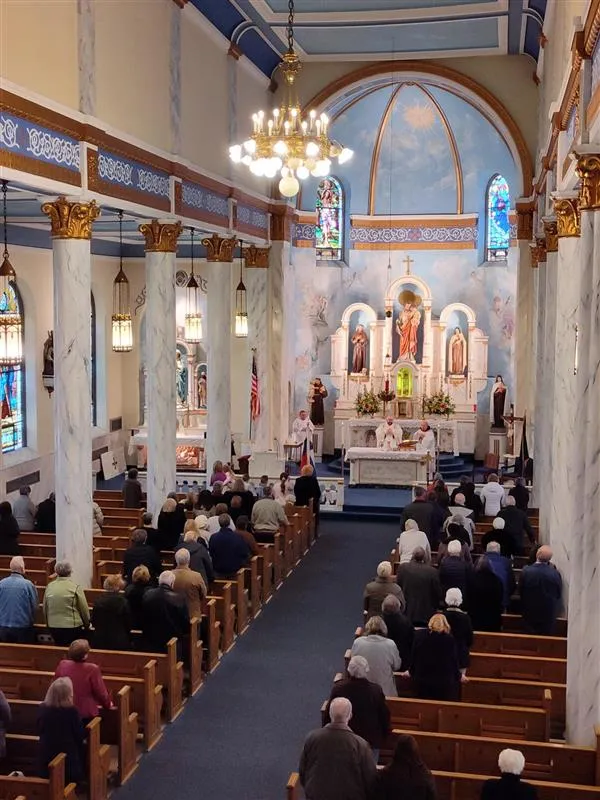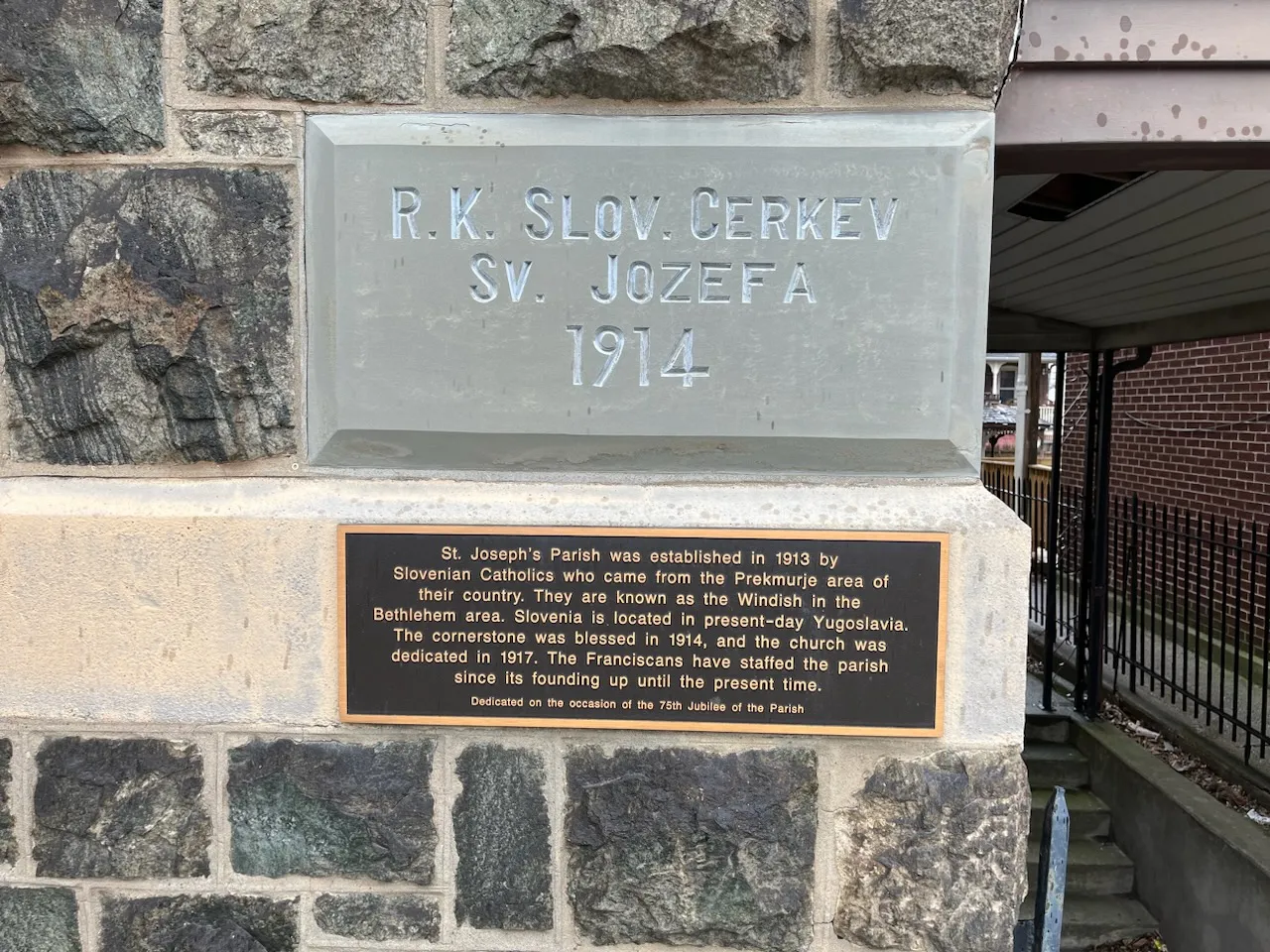
Washington, D.C. Newsroom, Dec 4, 2024 / 16:10 pm (CNA).
Several United States Supreme Court justices during oral arguments on Wednesday morning challenged claims that a Tennessee law banning transgender drugs or surgeries for minors constitutes a form of “sex” discrimination.
The state law, which went into effect in July 2023, prohibits doctors from performing transgender surgeries on anyone under the age of 18 and does not allow doctors to prescribe them any drugs to facilitate a gender transition, such as puberty blockers or hormones.
Tennessee’s law is being challenged by President Joe Biden’s Department of Justice (DOJ) and by families who live in the state, who are represented by the American Civil Liberties Union (ACLU) of Tennessee.
The Supreme Court’s decision could have a wide-ranging effect across the country. There are currently 24 states that prohibit both transgender surgeries and drugs for minors. Another two states — New Hampshire and Arizona — prohibit the surgeries but not the drugs. Numerous state-level laws currently face legal challenges.
DOJ and ACLU argue ‘sex’ discrimination
United States Solicitor General Elizabeth Prelogar, who made oral arguments on behalf of the DOJ, told the justices that the state law “regulates by drawing sex-based lines” and that this constitutes a “facial sex classification, full stop,” which implicates the equal protection clause of the United States Constitution.
Attorney Chase Strangio, who argued on behalf of the ACLU, built on that claim, stating that a male can legally access puberty blockers and hormone treatments if he has early-onset puberty to ensure he goes through puberty at a normal age. However, Strangio said, a biological girl could not access the same drugs if she desires to go through puberty like a boy would.
“It is clearly a sex classification on its face,” Strangio added.
Prelogar said that under the law, “your access to drugs depends on your birth sex.”
“The state has left no out for those patients to obtain those medications when there’s a showing of individualized medical need,” she added.
Many of the Republican-appointed justices, who make up six of the nine members of the court, appeared skeptical of that argument. They noted that the court ought to be cautious when ruling on questions when the medical standards are evolving and questioned whether this was a form of sex discrimination or simply a health and safety regulation.
During oral arguments, Justice Brett Kavanaugh noted that several European countries are “pumping the brakes” on transgender drugs for children with heavy restrictions. He said when medical standards are evolving, that should be a “heavy yellow light, if not a red light” for the court when deciding whether to weigh in.
Kavanaugh further disagreed with the sex discrimination claim, stating that “it prohibits all boys and girls from transitioning.”
Justice Samuel Alito went further, citing a comprehensive review in the United Kingdom that prompted a near-total ban on transgender drugs for minors and legislative actions in other European countries to restrict those drugs.
In response, Prelogar claimed “there is a consensus that these treatments can be medically necessary for some adolescents” but acknowledged there could be some room for regulations that do not categorically ban transgender drugs for children.
The ACLU and DOJ received more sympathy from the three justices appointed by Democrats, including Justice Sonia Sotomayor, who said “there are inherent differences between the sexes” but that “there are some children that actually need this treatment.”
Tennessee argues against discrimination claim
Tennessee Solicitor General J. Matthew Rice, who argued on behalf of the state, told the court that the law “protects minors from risky … medication” and is entirely based on “medical purpose — not a patient’s sex,” adding that the equal protection clause “does not require the states to blind themselves to medical reality or to treat unlike things the same.”
“These interventions often carry irreversible and life-altering consequences,” he said, claiming that there are “no established benefits.”
Sotomayor quickly interrupted Rice, saying: “I’m sorry counselor, every medical treatment has a risk.” She said that a boy with early onset puberty could obtain a puberty blocker to delay the growth of unwanted facial hair but that a girl could not access the same drug to delay the development of unwanted breasts, adding that one “can get that drug but the other can’t — that’s the sex-based difference.”
Rice countered, saying: “Those are not the same medical treatment.”
“I don’t think that is an example where a sex-based line is being drawn,” he said, adding that the only thing that matters is “medical purpose.” He noted that there are already other laws restricting the prescription of hormones, arguing “you cannot use testosterone for purely cosmetic reasons” regardless of whether it is for a gender transition.
“There is no medical treatment that boys can receive that girls can’t,” he said.
Rice added that giving testosterone to a boy with a “deficiency” is not the same as giving testosterone to a girl who has “healthy” hormone levels and that such treatments for a girl could make her “infertile and permanently damaged.”
What the legislation does
The surgeries prohibited in the legislation include operations to remove or alter a child’s genitals to make them resemble the genitals of the opposite sex. It further prohibits chest surgeries and other aesthetic surgeries that would make the child appear more similar to the opposite sex.
Under the law, doctors cannot prescribe puberty blockers to facilitate a gender transition, which are drugs that halt a child’s natural development during puberty. When prescribed to facilitate a gender transition, the children normally begin receiving them before they are teenagers. The law also prevents doctors from prescribing excessive estrogen to boys and excessive testosterone to girls when intended to facilitate a gender transition.
Doctors and health care providers who violate the law can be fined up to $25,000. Some states have stricter penalties, including six that make it a felony.
A report published in October by the medical watchdog group Do No Harm found that doctors in the United States provided at least 13,944 children with either transgender drugs or surgeries based on information that is publicly available — but warned that the number could be even higher. This included more than 5,700 children receiving surgeries.
If you value the news and views Catholic World Report provides, please consider donating to support our efforts. Your contribution will help us continue to make CWR available to all readers worldwide for free, without a subscription. Thank you for your generosity!
Click here for more information on donating to CWR. Click here to sign up for our newsletter.








This evening, while waiting for another show to come on, I caught a minute of the PBS nightly news coverage of this case. To say it was biased would be putting it mildly. Very, very mildly.
I don’t have TV service but occasionally I’ll see or hear something from PBS or NPR and it helps me understand how people constantly exposed to that ideology develop their world view.
NPR is the one who played the sounds of a MI abortion in order to help get prop 3 passed
When the emotional and psychological essence of a child is not consistent with their biological essence, a disorder exists.
How can any parent who cares about the well being and healthy development of their child , both physically and mentally, think it would not be detrimental, and in fact , harmful, to give their child hormones that are contrary to their child’s biological essence, and in some cases, even mutilate their child’s body, rather than restore the proper balance of hormones, that are consistent with their biological essence, while addressing any emotional and developmental issues that may exist and be contributing to their suffering? Mutilating one’s body causes wounding and further suffering, it does not heal wounds.
DOJ and ACLU.
Spare me.
What’s the rush? let the kids be kids